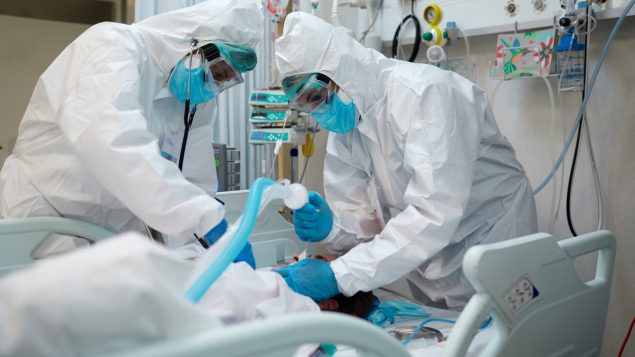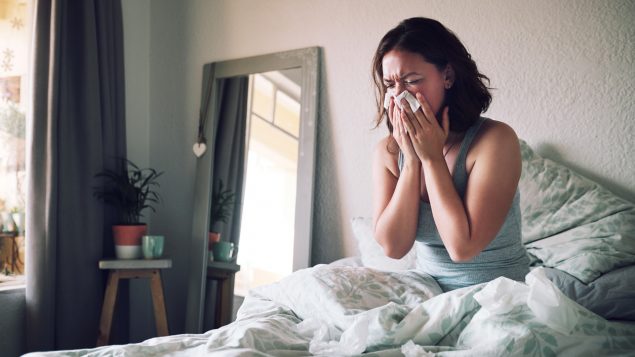When researchers at York University in Toronto first looked at statistics up to July 27, 2020 they found that women were more likely to get COVID-19. But when they eliminated data from those who worked high risk areas like health care, long-term care residences and some daycares, the numbers told a different story.
Government statistics suggest that women between the ages of 20 and 70 had a lower incidence of the disease than did men of that age. There was a significant decrease in the rate among women of reproductive age, that is, between the ages of 20 and 49, and a less pronounced difference in postmenopausal women in their 60s and 70s. However, women over the age of 80 were more likely to get COVID-19 than were men of the same age.

Women younger than 80 were less likely to be hospitalized with COVID-19 and less likely to be admitted to ICU. (iStock)
‘Estrogens may play a role’
“These findings suggest that if men and women were similarly exposed to SARS-CoV-2, women younger than 80 years old would be less likely to be infected, especially for those in the reproductive age group,” said one of the study’s authors, Professor Chun Peng in a statement. “This suggests that estrogens may play a role in reducing COVID-19 incidence for women as after puberty and before menopause they have much higher circulating estrogens than men.”
The study, published in the Journal of Ovarian Research, also found that female patients had lower hospitalization rates and lower admission to intensive care units. They also had lower fatality rates.

Symptoms like a runny nose, sore throat, nausea, headache and pain were less associated with death than were shortness of breath, fever and fatigue. (iStock)
Some symptoms more likely associated with death
There seemed to be a difference in the kinds of symptoms associated with death. Those who eventually died were more likely to experience shortness of breath, fever and fatigue. Those who survived were more likely to have runny noses, sore throats, nausea, headaches and pain.
The women of reproductive age were more likely than their males counterparts to have those symptoms not associated with the likelihood of death.
When researchers matched men and women working in high risk areas, they found the men more likely to catch COVID-19.
It would take more research to confirm whether it was the estrogens present in women that protected them against the COVID-19 virus.







For reasons beyond our control, and for an undetermined period of time, our comment section is now closed. However, our social networks remain open to your contributions.